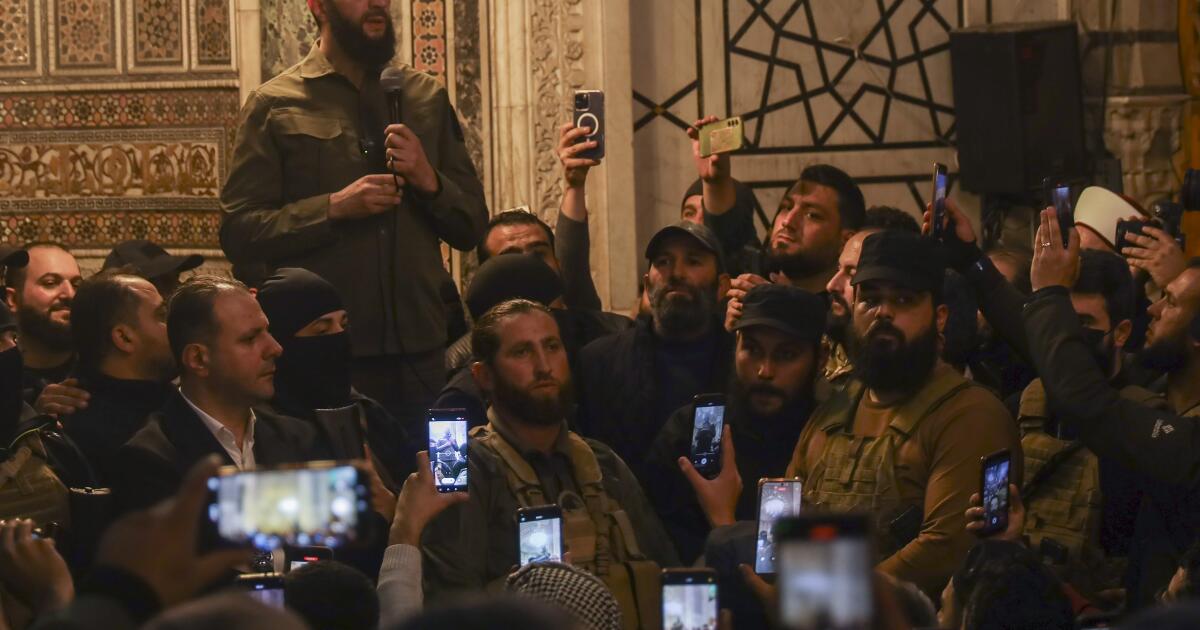MOSCOW (Reuters) -Russia’s espionage trial of detained Wall Street Journal reporter Evan Gershkovich, who denies charges of collecting secrets for the U.S. CIA, will be held behind closed doors, the trial court said on Monday.
Gershkovich, 32, was detained by the Federal Security Service on March 29, 2023, in a steak house in the Urals city of Yekaterinburg, 1,400 km (900 miles) east of Moscow, on charges of espionage that carry up to 20 years in prison.
The first American journalist to be detained on spy charges in Russia since the Cold War more than three decades ago, Gershkovich has denied the charges. The Journal says Gershkovich was doing his job and denies he is a spy.
The FSB, the main successor to the Soviet-era KGB, said Gershkovich was trying to collect secrets about Uralvagonzavod, a Russian defence enterprise that is one of the world’s biggest battle tank producers, for the CIA.
“The process will take place behind closed doors,” the Sverdlovsk Regional Court in Yekaterinburg said.
“According to the investigation authorities, the American journalist of The Wall Street Journal, Gershkovich, on the instructions of the CIA, in March 2023, collected secret information in the Sverdlovsk region about the activities of the defence enterprise JSC NPK Uralvagonzavod for the production and repair of military equipment.”
The first hearing is scheduled for June 26, the court said.
U.S. State Department spokesperson Matthew Miller told reporters the U.S. was concerned that the trial was to be held behind closed doors.
“We have a concern about that. We are going to attempt to attend the trial – don’t know if that will be possible,” he said.
The White House has called the charges “ridiculous” and President Joe Biden has said Gershkovich’s detention is “totally illegal”.
Russia said Gershkovich was caught “red-handed”. President Vladimir Putin has said there has been contact with Washington about potentially swapping Gershkovich but that such negotiations should be held away from the media.
The Journal said Gershkovich was on a reporting assignment when detained and that his fate illustrates the threats journalists face trying to report on the front lines of major global stories. It has demanded his release.
“This latest development means a sham trial is imminent. We expect that all parties will work to bring Evan home now. Time is of the essence,” the Journal said.
“The Russian regime’s smearing of Evan is repugnant and based on calculated and transparent lies. Journalism is not a crime, and Evan’s case is an assault on free press.”
SWAP FUND?
Gershkovich’s arrest illustrated how far relations between Russia and the West have deteriorated over the Ukraine war since hopes of friendship were raised after the Cold War ended with the Soviet Union’s collapse in 1991.
There are now almost no U.S. reporters in Russia. U.S. diplomats say that Gershkovich was not a spy and was detained by Russia’s FSB to build up a store of arrested U.S. citizens who could later be swapped for Russians detained in the West.
Among the detained Americans is Paul Whelan, an ex-Marine arrested in Moscow in 2018 and sentenced to 16 years in prison on spying charges in 2020.
Putin suggested in February that Gershkovich could be swapped for Vadim Krasikov, convicted of the 2019 murder of a Chechen dissident in Berlin, although he did not mention Krasikov by name.
Putin said in March he had agreed the idea of potentially swapping Alexei Navalny a few days before the opposition leader died in unexplained circumstances at a Russian prison on Feb. 16.
A fluent Russian-speaker born to Soviet émigrés and raised in New Jersey, Gershkovich moved to Moscow in late 2017 to join the English-language Moscow Times, and subsequently worked for the French news agency Agence France-Presse.
It was unclear whether Gershkovich, on his reporting trip to the Urals, was planning to report on Uralvagonzavod, based in Nizhny Tagil.
The enterprise sits at the heart of the Urals region, where Russia conducts some of its most secret weapons production and research. It is part of Rostec, Russia’s vast defence corporation run by Putin ally Sergei Chemezov.
(Additional reporting by Humeyra Pamuk in Washington; Editing by Bernadette Baum, Alex Richardson, Timothy Heritage and Alison Williams)
